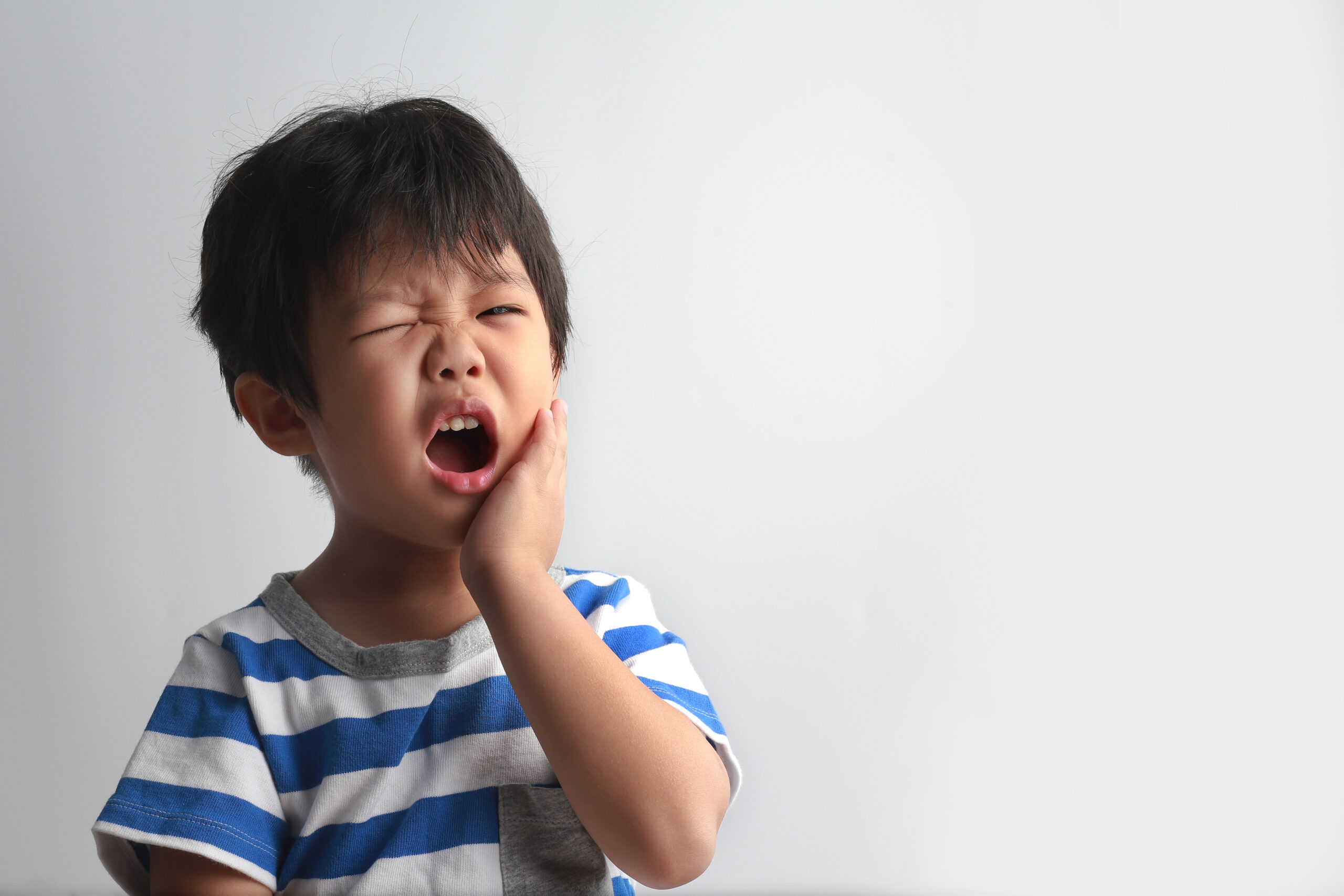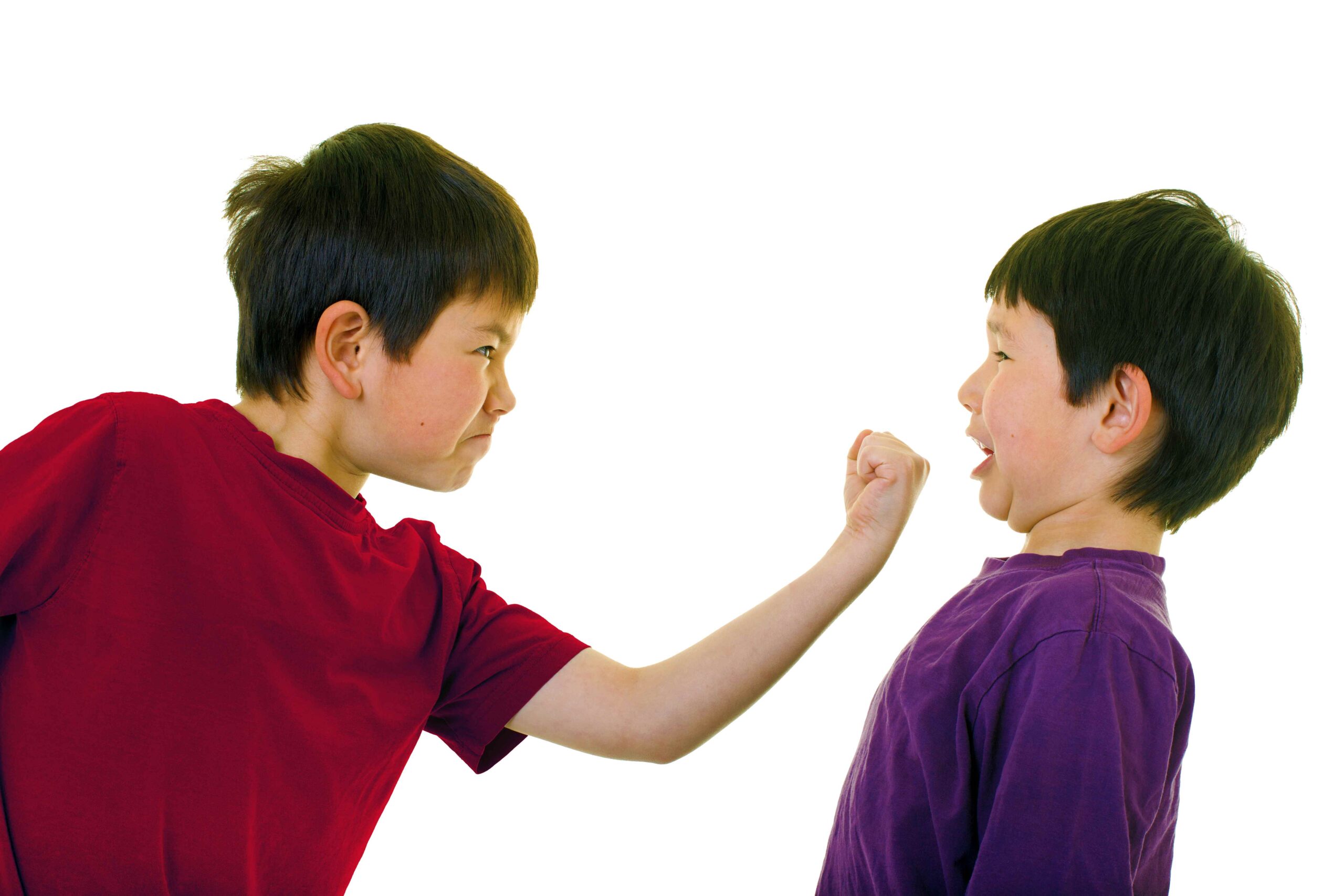Tom Hanks, Julia Roberts, Tom Cruise, and would you believe Jim Carrey have all described themselves as shy at some point in their lives, according to www.shakeyourshyness.com.
Shyness is extremely common, says Eileen Kennedy-Moore, PhD, co-author of The Unwritten Rules of Friendship (Little, Brown, $14.99). “Just about everyone feels shy some of the time,” she says. In fact, research has shown that 80 percent of adults describe themselves as shy or having felt shy in the past, and an additional 15 percent feels shy in certain situations.
Despite the fact that most people feel shy, shyness is not valued in American culture. We tend to admire the go-getter. With some support and encouragement from parents, shy kids can learn the skills they need to cope with their feelings.
What Is Shyness?
At its root, shyness is feeling of anxiety in social situations. However, shyness is not a clinical diagnosis or disorder. It is merely a word to describe people who take longer to feel comfortable in new situations and in meeting people and making friends.
Shyness in itself is not problematic and does not require counseling or treatment. But if the shy behavior is coupled with extreme anxiety that inhibits the child and the family’s lifestyle, seek help. Barring that, it’s best to just let the shyness run its course.
What You Can Do About It
At all times, be encouraging and supportive, say the experts. Here are ways you can help your child overcome shyness.
Gently challenge your child to try new things, but do it little by little. Many parents underestimate how powerful their children’s shy feelings can be. It can be traumatizing to jump right into something new, says Feasterville, PA psychologist Mike Bradley, EdD, author of When Things Get Crazy With Your Teen (McGraw-Hill, $22.95).
New experiences are good for shy kids, but introduce them at a speed the child’s comfortable with, which often means gradually, in small doses.
When doing something new, prepare your kids by telling them where they are going, who will be there and what they will be doing. Help them think about what they might do or say. “Children are less likely to feel shy when they know what to expect and what to do and say,” says Julie Simons, PhD, a pedatric psychologist at Nemours / DuPont Hospital for Children in Wilmington, DE.
Role-playing also helps prepare children for social situations. “Teach your kids the skills to be successful in any situation,” advises Stacy Haynes, executive director of mental health agency Little Hands in Blackwood, NJ. Rehearse social scripts such as:
- How to meet people and introduce yourself
- How to greet someone
- How to initiate a conversation
- How to show friendliness
- How to give and receive compliments
Heading back to school can be an anxious time for shy kids. To help:
- Tour the building before school starts.
- Meet the teacher with your child if possible.
- Role play with younger kids so they get an idea of what to expect.
- Let kids know it’s normal to feel shy when going back to school.
More Things You Can Do
Here are additional tips to help shy kids, organized by age group.
Toddlers & Preschoolers
Shyness is very normal for toddlers and preschoolers. “Nearly all kids go through separation anxiety and stranger anxiety,” says Brad Norford, PhD, a clinical psychologist practicing in Bryn Mawr, PA.
A shy toddler will have fearful responses such as clinging, crying and hiding behind legs. He might make eye contact or wave from far away when meeting a stranger rather than speaking.
How you can help:
- Nudge your child, but don’t push him off the deep end. Hold his hand and offer encouragement as you guide him through social situations with the goal of gradually increasing confidence.
- “Plan social events with familiar children so your child can have successful interactions,” advises Dr. Simons. Because children feel less shy in familiar situations, “this can provide a foundation for branching out to new settings with new people.”
- A cool toy at the playground or in the backyard may help break the ice when your shy child meet other kids.
Elementary School Kids
Shy elementary students might avoid speaking in class or will whine or try to avoid social situations such as birthday parties or new activities.
If you are uncertain if your child’s shyness is causing problems at school, “check in with your child’s teachers. They are pretty good judges of normal development,” advises Cheryl Hausman, MD, a pediatrician at Children’s Hospital of Philadelphia.
How you can help:
- Form a carpool to new activities. Riding with other kids can help your child make friends.
- Help your child plan in advance; get her thinking about whom to sit with at the lunch table or whom to play with at recess.
- Role-play and rehearse social situations so she will know what to say.
Teens
“High school is bad, but middle school is the absolute worst!” says Dr. Bradley. Dr. Kennedy-Moore agrees, saying that shyness generally peaks in the middle school years because a teen’s sense of identity is forming and changing every day.
Shy teens avoid social contact and hang on the edges of groups. They tend to feel anxious about school because it’s very peer-oriented. Their shyness tends to get more manageable as they gain freedom to control their activities and to come and go as they please. “Life gets better the older you get,” Dr. Bradley says.
How you can help:
- Encourage your teen to work through momentary discomfort to approach and meet someone new.
- A couple of tickets to a Phillies game or to the movies may help your shy teen to approach a potential new friend.
- Make it okay to feel shy. Remind your child that just about everyone feels shy at some time or another.
Suzanne Koup-Larsen is a contributing writer to MetroKids.






